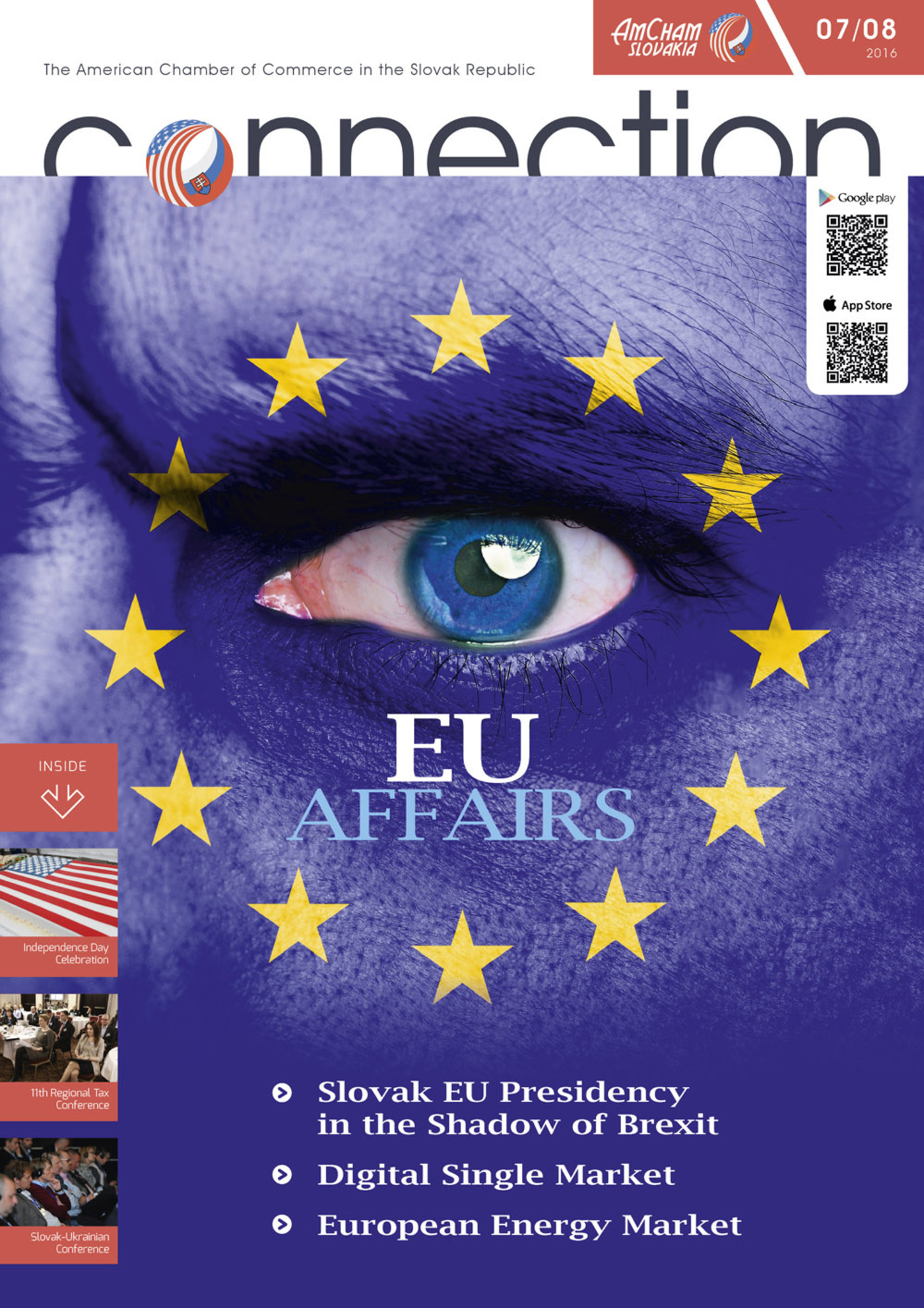Erasmus+ program
The European Commission has implemented various programs supporting education, work and cultural mobility over the last three decades. The best known of these programs is Erasmus, which has been running for almost thirty years. The first international exchanges of university students were organized in 1987.
The expert study examining Erasmus impacts (Erasmus Impact Study) published by the European Commission in 2014, has proved the positive effect of this program in various areas. The best example is the influence of placements and study international exchanges on youth employment. According to this study, students who took part in the mobility program were 50% less likely to be unemployed than their peers without similar experience. In the five-year period after university graduation, the number was 23% lower. More than 60% of employers preferred employment candidates with experience from another country.
The goal of the program was not only to improve students’ qualification and expertise, and stimulate employment, but also to develop international dialogue and cooperation between countries at various levels (companies, organizations, universities, individuals).
The program framework changed fundamentally in 2014 when the Commission merged all the mobility programs into one body called Erasmus+. The budget was markedly increased to €16 billion for 2014 – 2020. Almost three quarters of these funds were allocated to education and training.
Traineeships
The basic rule of an Erasmus+ traineeship is that university students or new graduates move to another EU country to work at a company or organization in their field of study. Students from all Member States are eligible to apply, as are students from Iceland, Norway, Liechtenstein and Turkey. While working for several months in an area directly connected with their studied profession field, students gain expertise, specific skills and international experience, which is something universities are not able to provide.
The receiving organizations can be private companies as well as universities, official institutions and NGOs. The scheme is open to large corporations, SMEs and startups alike.
Being involved in a traineeship and finding a suitable company or trainee is easier than many people tend to think. Organizations have been set up for this specific purpose, to help to mediate communication between trainees and companies and handle the related administration. Companies do not have to worry about extra paperwork and receive a trainee who meets their needs. In Slovakia, this agenda is dealt with by the only Slovak higher education consortium for Erasmus+ traineeships accredited by the European Commission - WorkSpace Europe.
The Erasmus+ traineeship is attractive for both the student and the company. The trainee does not have to resemble the stereotype with only simple duties like making coffee and photocopies.
On the contrary, usually the most talented and ambitious students are attracted to traineeships. They have a high potential to enrich the organization with innovative and inspiring ideas, solutions and different points of view. Young people have knowledge about the newest trends, and are eager to discuss them and participate in the mutual learning process.
A foreign country background is also a significant advantage. Erasmus+ trainees often speak several foreign languages, making communication with company foreign partners easier. Moreover, trainees can improve the effectiveness of a company by sharing the agenda of full-time employees, who are not able to handle all of their tasks.
It is possible to hire skilled and enthusiastic young people via Erasmus+ for a temporary period as cost-effective additional team members thanks to the EU grant that trainees receive to cover their basic life costs during a traineeship.
Students also receive practical training and professional leadership from skilled experts. They also gain self-confidence and experience which improves their CVs. And last but not least, trainees can also be hired on a full-time basis at a company, which happens quite often.
Feedback from participating Slovak companies
In Slovakia, numerous companies and organizations operating in various fields benefit from this program. Here are a few examples of how they described their experience:
- The trainee had an idea on how to make our website visible on Facebook. She did a great job; we were very satisfied. NGO active in the CSR field, Bratislava
- Our trainee presented us with new ideas on the processes we needed to modernize. We found some of them really inspiring and we are ready to implement them. Mechanical engineering company, Zvolen
Anna Šovčíková, Project Coordinator, WorkSpace Europe
Karol Ovesný, Managing Director, WorkSpace Europe



Follow us